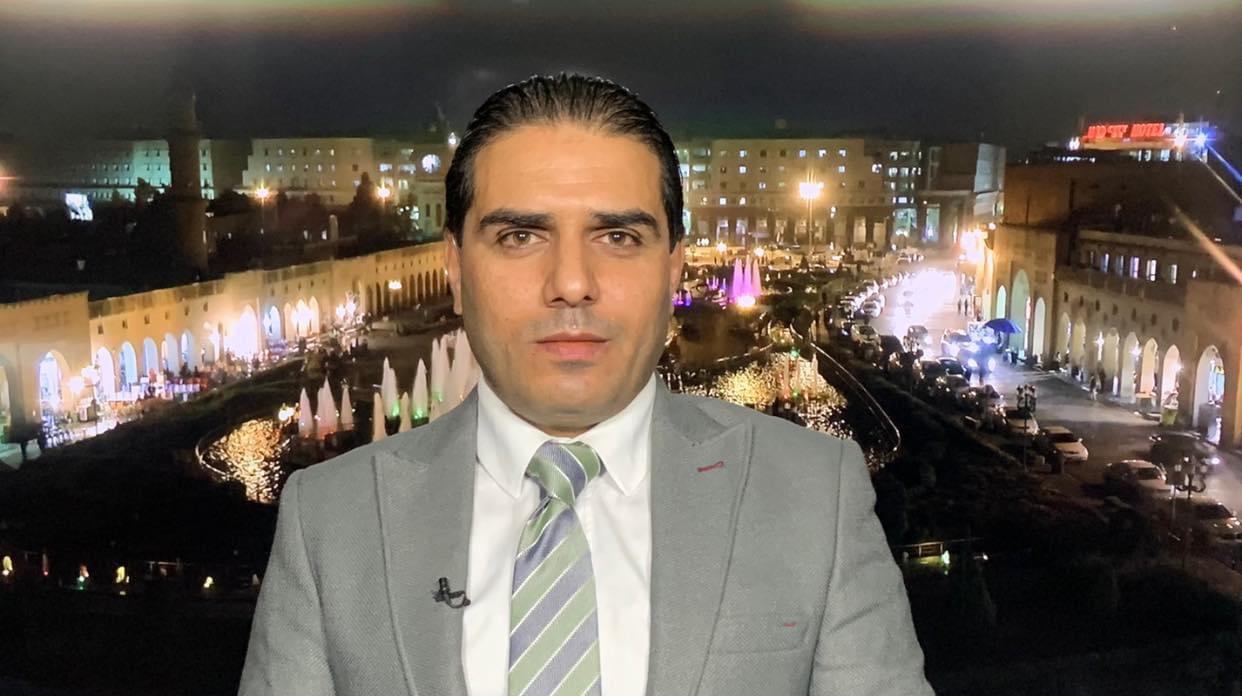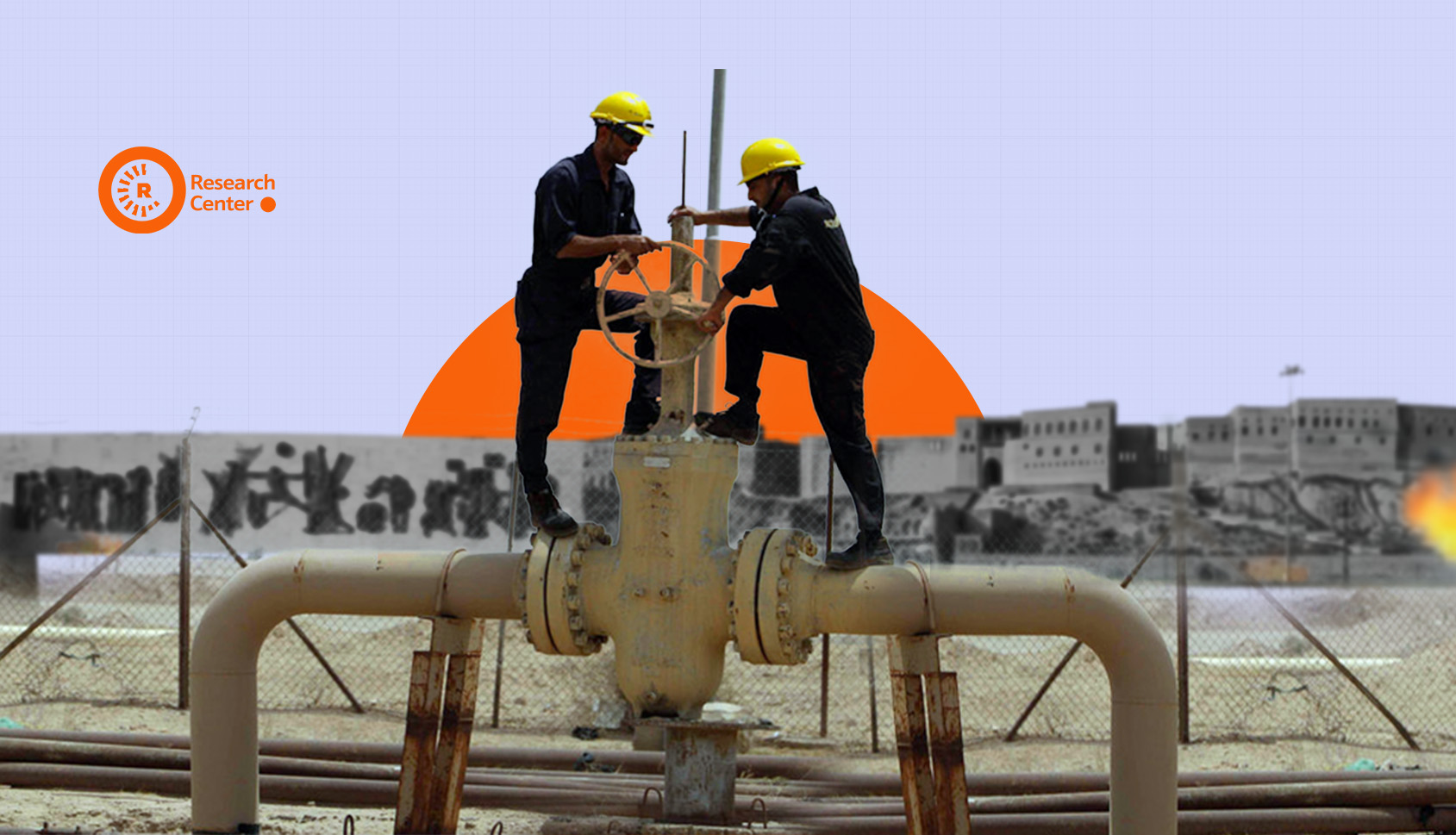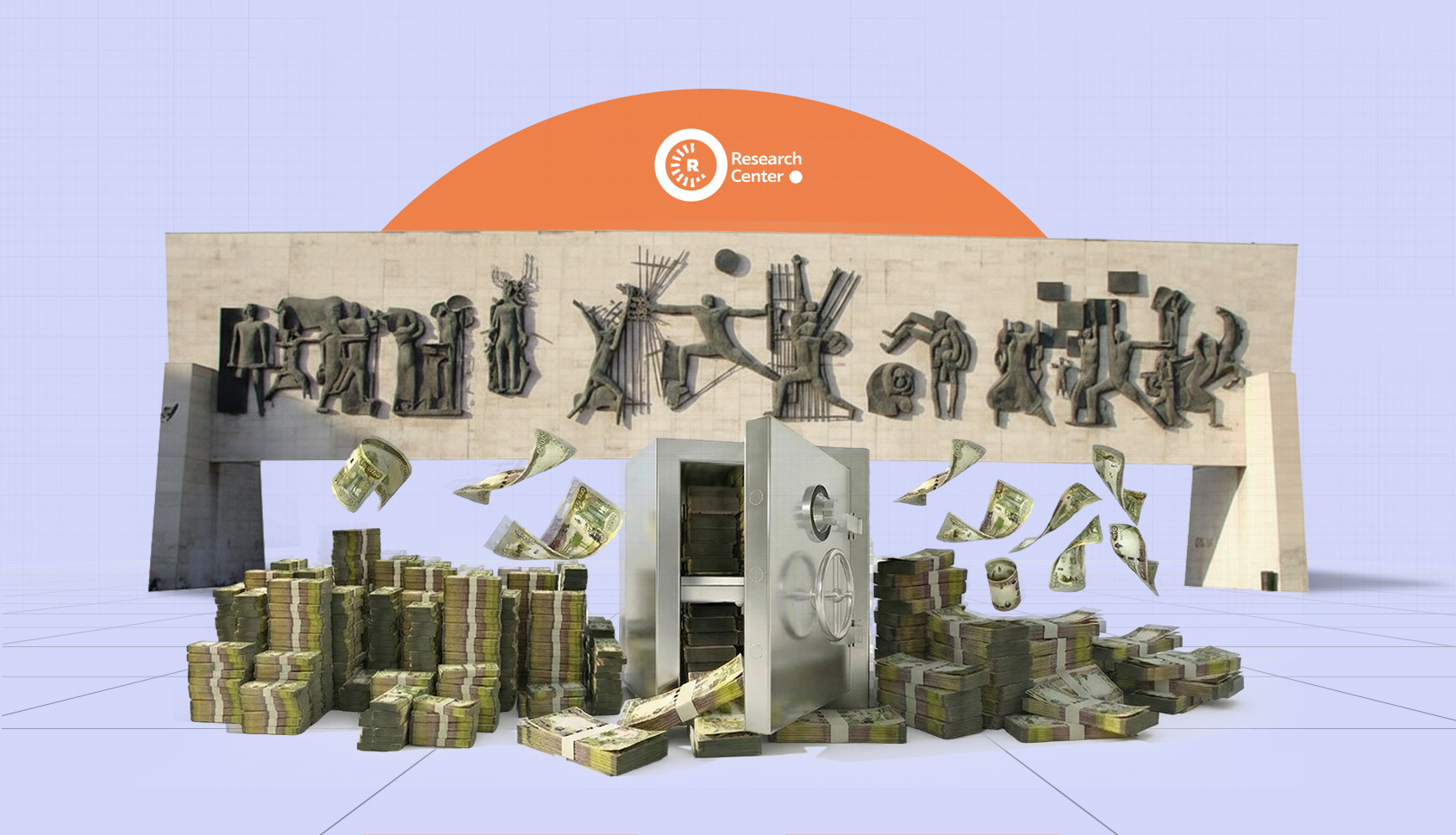RRC |
Ali Bayder|
Introduction
The Iraqi constitution prohibits formation of any military groups outside the legal framework of the armed forces, according to the Article 9 (provision B) of the Iraqi constitution ‘’ the formation of military militias outside the framework of the armed forces is prohibited’’. Here that’s why the Popular Mobilization Forces (PMF) has lost the constitutional and legal legitimacy even after its law has been approved, since Article 13 (second provision) in constitution confirmed ‘’ No law that contradicts this Constitution shall be enacted. Any text in any regional constitutions or any other legal text that contradicts this Constitution shall be considered void’’. That means is not permissible to enact a law that contradicts the constitution, which prohibited the formation of militias of various names, and this confirms the unconstitutionality of the body created in the name of PMF and must be canceled, especially after that no longer is needed for Iraq’s security.
Hashd al-Atabat
The emerging name of Hashd al-Atabat recently was to disclose informal defection of some brigades and armed factions from PMF. And this after that those groups realized that the efforts they made in the liberation operations would go unheeded, or that they would be mixed with the failures and violations caused by many armed groups before, during and after the liberation operations, so these four groups (Imam Ali Division, Ali Al Akbar Brigade, Al-Abbas Combat Division, Ansar al-Marjaiya Brigade) found themselves strange in the midst of a storm of political and religious loyalties to parties outside the borders of Iraq.
The Hashd al-Atabat combat and humanitarian behavior during the liberation operations did not indicate any flagrant violation of human rights, or there were not violations documented of them in a terrible way like the rest of the Hashd groups, and this is what makes them closest to the Iraqis, especially the areas that witnessed armed operations in which thousands of citizens were killed, detained and absent. The most prominent characteristic of the Hashd al-Atabat is that it remains within the borders of Iraq, obeying the decisions issued by the Shia authority (al-Marjaiya) both on the security and the religious level.And this will make them outside the circle of accusations of partisan or ideological loyalty to foreign authorities, especially Iranian ones.
Iran has profoundly succeeded in penetrating the PMF and winning the friendliness and loyalty of its leaders, which made the Hashd al-Atabat see itself almost isolated from the scene without regard for the size of the sacrifices made by its groups, which represent more than 40% of the official Hashd elements. The most prominent point of disagreement between Hashd al-Atabat with PMF leadership was the designation of Abdul Aziz al-Muhammadawi known as “Abu Fadak” as a replacement for Abu Mahdi al-Muhandis. The Atabat groups had previously announced their refusal to choose him as a replacement for al-Muhandis, but they did not find any response to them, which deepened the gap between them and the pro-Iranian PMF groups.
Also, the security decision within the Hashd institution is limited to those groups linked to Iran and which do not care about any position shown by the al- Atabat groups, especially with regard to the American presence in Iraq diplomatically and militarily, or to interfere in political affairs under Iranian pressure, and this explains the greater role of Iran’s proxies within the body. And in the event that Hashd al-Atabat officially announces withdrawal from the Hashd Authority or formally joining the security institutions outside the framework of the organization or dissolving itself, which is expected to happen in the future for one of these cases, then the rest of the groups will lose the religious and sectarian cover that took refuge in it, which will make create crises to delay such decisions are not in their interest, especially if the decisions were made before the elections for which the pro-Iranian groups are preparing for. The moral and material character of the Atabat groups is very large, especially at the numerical level, and this is what makes it cause a major imbalance in the structure of the PMF in general and will weaken the security and political role of PMF in the country and increase the intensity of international and regional pressure on those groups that are questionable. Any step taken by the Atabat groups towards achieving national sovereignty will make them closer to deal with the official state institutions and will increase the financial and political support for them, and this is what makes the rest of Hashd groups outside the government’s consideration. And this also will weaken pro-Iranian PMF groups especially with the increase of societal discontent with their behavior in conflict areas (especially in Sunni Arab regions) and in other regions of the country. Especially after that some of these groups been accused that participated in the brutal suppression of demonstrations and their support for the corrupt authorities in Iraq, while Atabat groups were not accused for taking part in such suspicious behavior.
The Atabat groups believe that the time has come to seriously integrate into the security institutions, after they are no longer needed as liberating bodies that support the security forces in restoring cities from the domination of ISIS, and they are obligated to implement the fatwa of Marjaiya. The four PMF shrine groups represent the essence of the fatwa issued by the al-Sistani religious authority after it stipulated volunteering within the ranks of the security forces and abiding by the decisions of the Commander in Chief of the Armed Forces.






